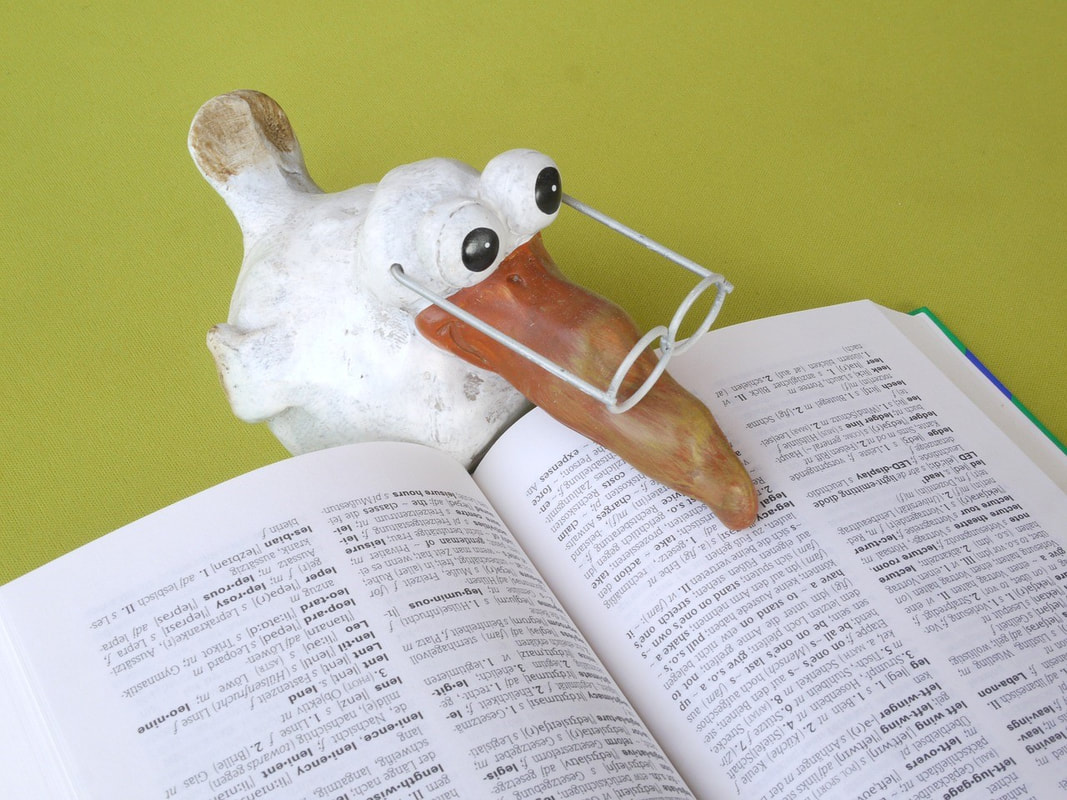|
11/11/2019 34 Comments Homeopathy and ScienceBy Joanna Lee  The Sick Goose and the Council of Health by George Cruikshank (1792-1878). Public domain. A line of men shaped like medicine bottles prescribe different remedies for the goose’s illness. At the bottom, a man standing on a homeopathy book says, “It’s Cholera clearly and I should prescribe a little unripe fruit – the millionth part of a green gooseberry.” Instead of IcyHot, why don’t you add a few drops of “miracle water” to your bathtub and have a long soak? The suggestion comes from Butterfly Express LLC, a small company specializing in essential oils, herbal tinctures, and “miracle water.” I stumbled upon Butterfly Express after reading Tara Westover’s Educated and became curious about the pseudoscientific homeopathic-naturopathy combination that the author’s mother practices.
34 Comments
Article and Art by Joanna Lee When I was entering grad school, I started asking my professors for advice on how to be successful. They often gave me pithy tidbits that felt like the little proverbs you get from fortune cookies, like work hard, play hard. Their advice were small nuggets of profound knowledge, the culmination of generations of scholars, gently placed into my hands. I believed that taking their advice to heart would surely lead me to a happy and successful grad school experience.
By Natalya Ortolano I can’t say if I was more excited or nervous on my first day of graduate school. Starting a PhD in Biomedical Sciences at Vanderbilt University was daunting for many reasons, but most of all was deciding on the lab to complete my dissertation research. Since a close family member had left a doctoral program in the sciences due to poor mentorship, I was determined to find a lab that not only matched my research interests, but also fostered my professional development and supported my long-term goals, whatever those ended up being.
If you have just started a doctoral program in the sciences, you may also feel anxious about choosing your dissertation lab. It’s a big decision, one not to be taken lightly. For better or worse, you will be in that lab for 5-6 years. In my program, I spent the first academic year rotating in 4 different labs for about 8 weeks each. I’m happy to report that I’ve since been in my lab for 4 years and I have no regrets about my choice. 9/15/2019 2 Comments How to Read a Research ArticleBy Khola Abid Reading a research paper can be a daunting task. Unlike a traditional newspaper or a magazine article, research papers have their own parameters, nuances, and framework. Scientific papers contain a dense amount of information and it is best to have a strategic plan set up ahead of time before diving in to get the most out of each paper.
One way to avoid frustration is to set a goal for yourself before you begin: determine why are you reading this paper or what you hope to gain. If you are a student or recent graduate, consider reading papers with the intention to get the most out of them. For example, if you are interested in results or methodologies, then focus your attention on that specific section of the paper. My advice is to split the reading process into the three phases discussed below. While following each phase, keep checking yourself for reading comprehension and don’t forget your original goal for reading this particular paper. By Khola Abid Imagine you are a graduate student tasked to develop a new research question relevant to your thesis work. Beginning or expanding upon a research topic can seem overwhelming at first, but a critical and powerful first step is to dive into the in-depth literature review. Source: Pixabay under pixabay license, i.e. free for commercial use and no attribution required
|
The Scientista Foundation, Inc. All Rights Reserved © 2011-2021 | Based in NY | contact@scientistafoundation.org
The Network for Pre-Professional Women in Science and Engineering
The Scientista Foundation is a registered 501(c)(3) -- Donate!
The Network for Pre-Professional Women in Science and Engineering
The Scientista Foundation is a registered 501(c)(3) -- Donate!


